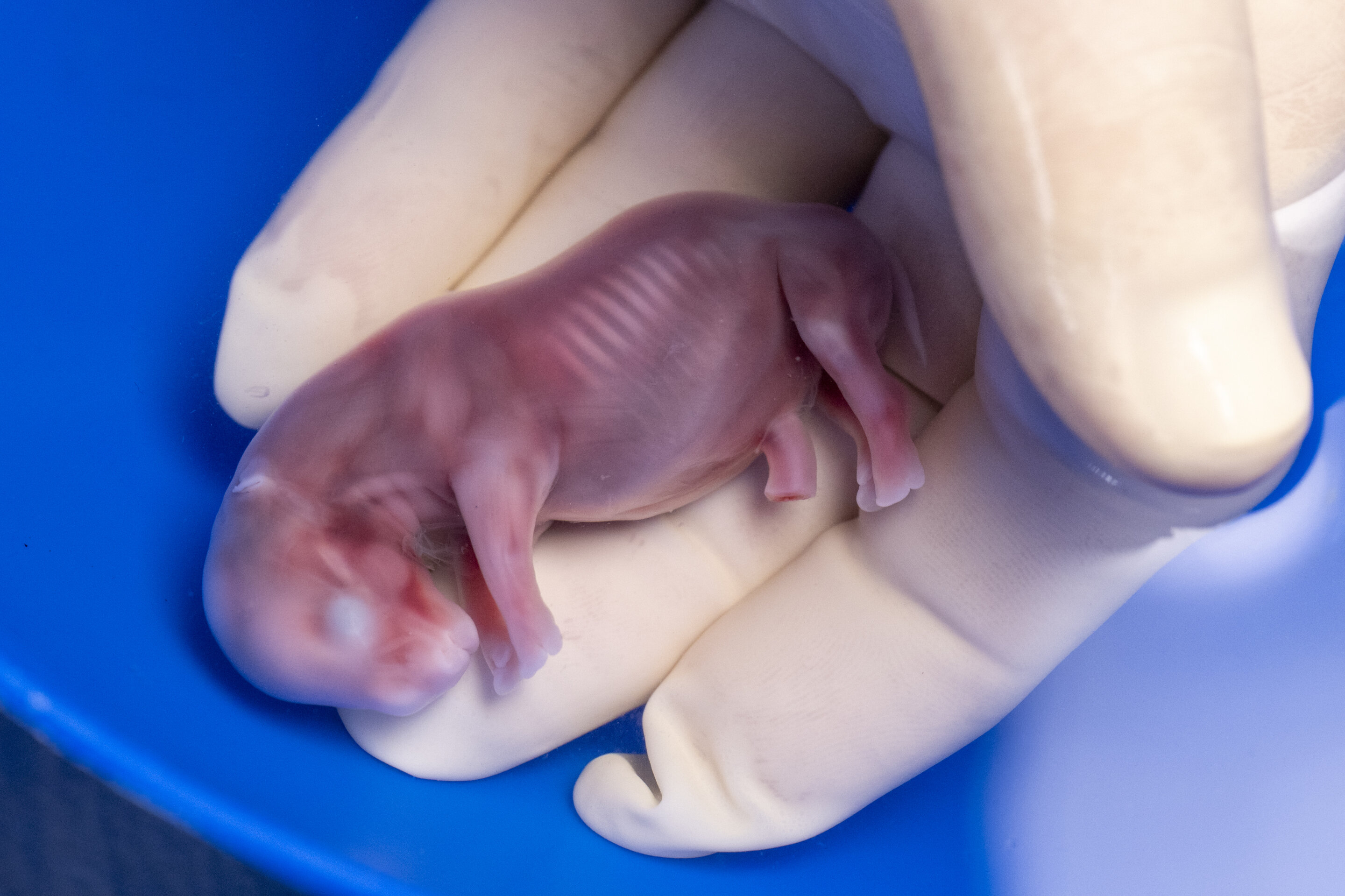In a monumental stride toward preserving Africa's northern white rhinoceros from extinction, scientists have achieved a historic milestone: the first-ever successful rhino pregnancy using in vitro fertilization (IVF) techniques. This groundbreaking feat marks a pivotal moment in the ongoing battle to save these majestic creatures from disappearing forever.
The journey to this remarkable achievement began with the lab-assisted pregnancy of a southern white rhino embryo implanted into a surrogate mother named Curra. This unprecedented procedure, announced today by researchers, served as a crucial test of the viability of IVF as a conservation tool for rhino species on the brink of extinction.
Tragically, Curra's promising pregnancy was cut short when she succumbed to an unrelated bacterial infection just three months into her 16-month gestation period. Despite this heartbreaking setback, the successful embryo transfer and initial stages of pregnancy have provided invaluable insights and laid the foundation for future endeavors to save the critically endangered northern white rhino population.
The BioRescue project, an international coalition of scientists spearheading this pioneering research, views this achievement as a vital "proof of concept" for the potential application of IVF techniques to other endangered rhino species. With plans underway to implant a northern white rhino embryo into a southern white rhino surrogate mother, the prospects of reviving the dwindling northern white rhino population are more hopeful than ever before.
While the plight of the northern white rhino remains dire, with only two elderly females left in existence, the implications of this breakthrough extend far beyond this endangered subspecies. The success of IVF in rhino conservation offers a glimmer of hope for other critically endangered rhino species, including the Asian Javan rhinoceros and the Sumatran rhinoceros, each teetering on the brink of extinction.
The urgency of the northern white rhino's plight cannot be overstated. Decimated by poaching fueled by the demand for their horns, these once-thriving creatures now face an uncertain future. With no males remaining and only two elderly females residing under armed guard at Kenya's Ol Pejeta Conservancy, the northern white rhino's survival hangs in the balance.
The road ahead may be fraught with challenges, but with determination and innovation, there is hope for these iconic creatures. As efforts to harness IVF technology for rhino conservation continue to evolve, there is renewed optimism that we can turn the tide and secure a brighter future for Africa's northern white rhinoceros and other endangered species.
